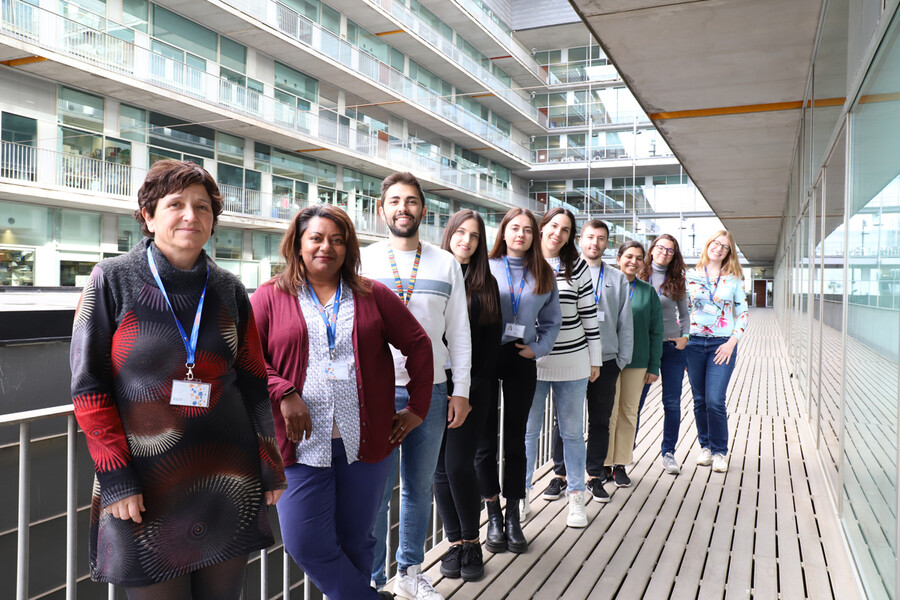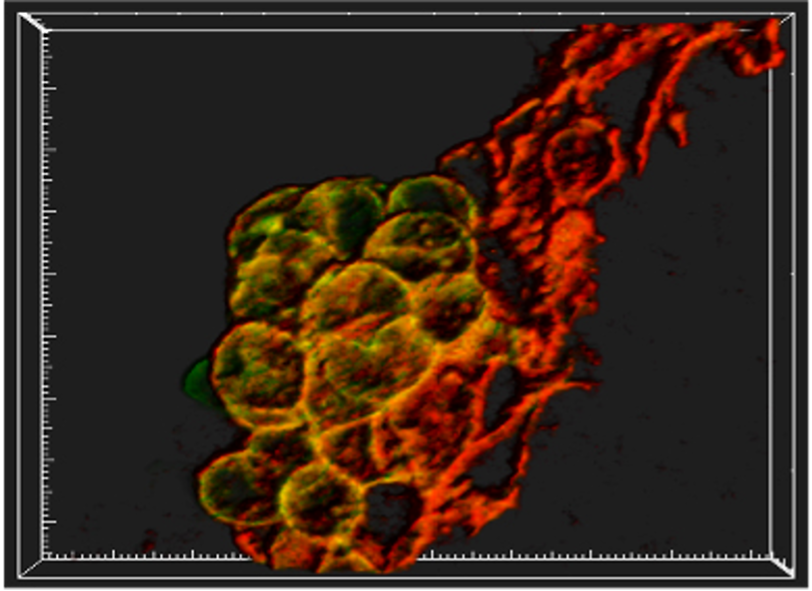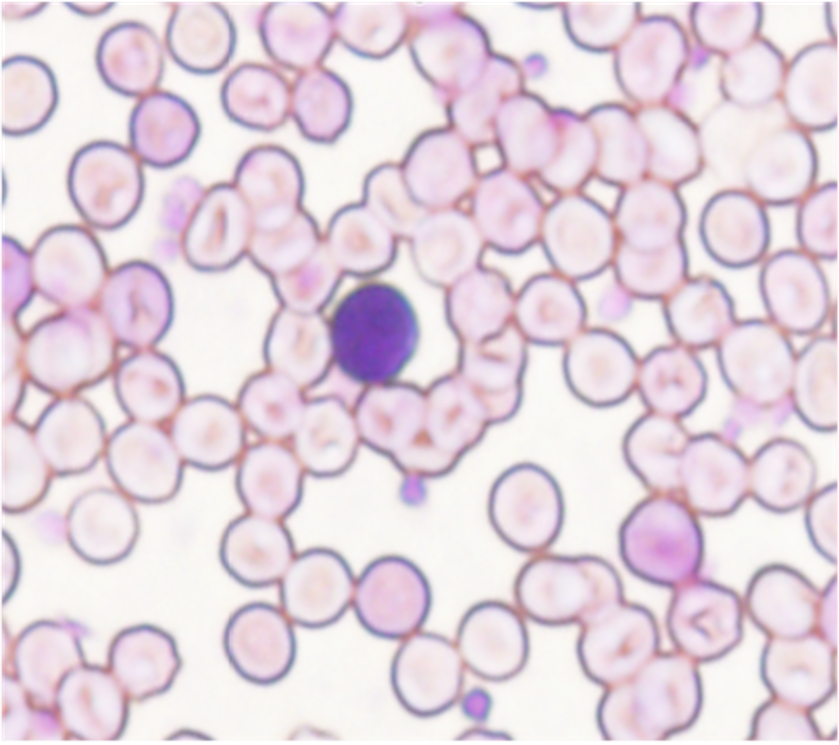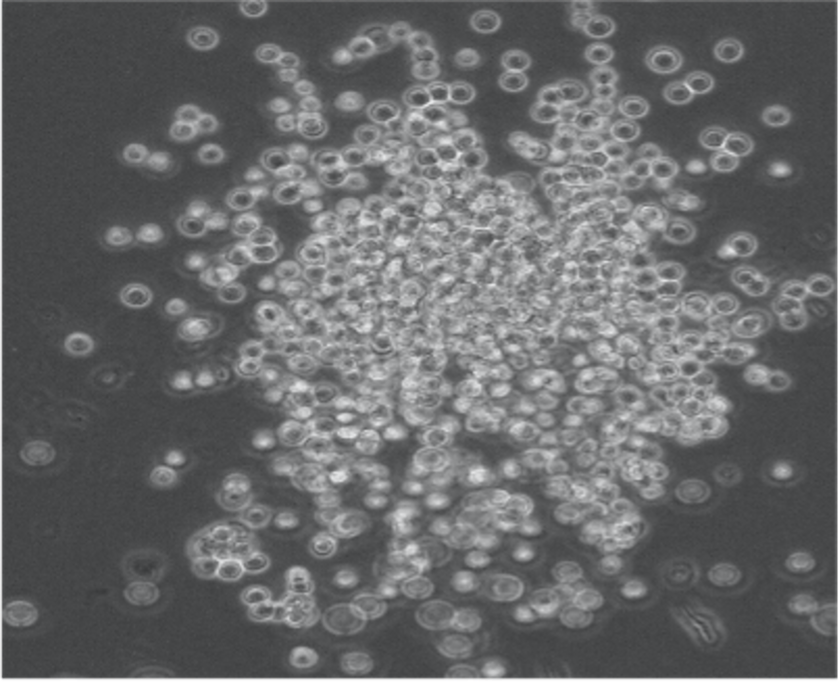
OVERVIEW
Our research group investigates how to generate and maintain the stem cells in the hematopoietic system under physiological conditions but also how these processes are mimicked by the tumors for their perpetuation. We constantly improve our research by implementing novel technology to understand the process of normal and malignant hematopoietic development. Our research includes basic studies at the molecular level to understand cellular processes in the context of mouse models and human patients.
OUR RESEARCH
Our research comprises from basic biochemical research to the analysis of animal models that reproduce the pathologies of interest and allow us to study the functional relevance of new hypothesis. The ultimate goal is to confirm the importance of the findings and study possible therapeutic applications through the analysis of patient samples. In this sense we have devoted special efforts to understand the regulation of hematopoietic stem cells, as a tool to understand the mechanisms that regulate leukemia initiation and maintenance.


OUR GOALS
We are currently working on several projects that deal with different functional aspects of normal hematopoietic stem cell regulation as well as leukemia initiating cells:
1. Generation of hematopoietic stem cells. Our current studies are focused on understanding the signals that the embryo uses to form these self-renewing cells that maintain the hematopoietic system throughout the life of the organism.
2. Understanding T Acute Lymphoblastic Leukemia (T-ALL) development and T-cell lymphoma. We study the signals that regulate the generation and maintenance of normal and leukemic cells, as well as leukemic stem cells (LSCS). With this aim we have developed in vitro and in vivo experimental models that complement the analysis of patient samples.

3. GATA2 deficiency syndrome. We are collaborating in an international consortium to understand the contribution of GATA2 mutations to pediatric Myelodysplastic syndrome and transformation to Acute Myeloid Leukemia (AML). We are developing humanized blood animal models of this syndrome.

4. Understanding cell transformation. We work closely with the Research Group for Molecular Mechanisms of Cancer and Stemness directed by Dr. Lluís Espinosa, and we take advantage of our discoveries in hematopoietic cells to understand epithelial tissues and vice versa.

3. GATA2 deficiency syndrome. We are collaborating in an international consortium to understand the contribution of GATA2 mutations to pediatric Myelodysplastic syndrome and transformation to Acute Myeloid Leukemia (AML). We are developing humanized blood animal models of this syndrome.

4. Understanding cell transformation. We work closely with the Research Group for Molecular Mechanisms of Cancer and Stemness directed by Dr. Lluís Espinosa, and we take advantage of our discoveries in hematopoietic cells to understand epithelial tissues and vice versa.

OUR CHALLENGES
Through our research, we aim to understand the following:
1. What signals are imposed in embryonic HSCs that affect the adult hematopoietic system?
2. What are the molecular mechanisms that impose resistance to treatment in T-ALL cells?
3. What are the basic mechanisms that control cell transformation?
Selected Publications
Current Grants
101167065
European commission
MakingBlood Engineering an integrated platform for generation of human blood stem cells from pluripotent sources


